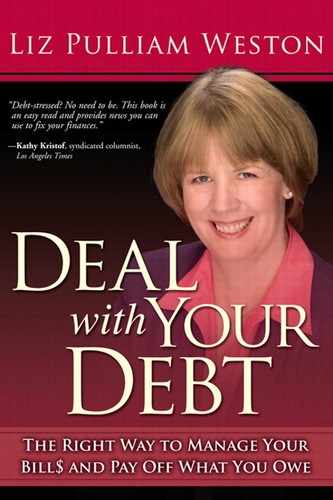How Much House Should I Buy?
If you've decided you're ready, you still need to decide how much mortgage you're willing to take on.
Again, this is not a decision you should put in the hands of your lender, your real estate agent, your family, or your friends. Chances are good none of these folks know what you can really afford. Your lender or agent may know every detail of your current financial life, for example, but they probably don't know when you want to retire, how many children you want to have, or how much you like to travel—all factors that influence how much of a mortgage you should take on.
Meanwhile, your friends and family may be pushing you to take on a too-big mortgage, because they did and it worked out okay for them. But you may be smarter about finances or unwilling to give up as much as they did.
Also, the idea that it's okay to stretch to buy a home made sense 30 years ago, but it doesn't make sense today. Here's what's changed:
Lenders. Banks used to be a lot more cautious about who got loans and how much. Traditionally, lenders wouldn't offer you a loan if your total housing expenses—mortgage payment, homeowners insurance, and property taxes—exceeded 28% of your gross income. They usually didn't want to see your total obligations (your housing expenses, plus any other loans or debt payments) exceed 36% of your gross.
Today, most lenders have dramatically loosened their lending criteria. Mortgage brokers tell me they've seen lenders approve mortgages that ate up 50% or more of the borrower's income. So you can see that it's fairly easy to get saddled with a loan you can't really afford. Lenders know you'll do whatever it takes to make that payment, even if it means giving up all your other goals or sinking into debt.
Inflation. Prices soared in the 1970s and early 1980s—and so did wages. Those big jumps in income made mortgage payments feel substantially smaller every year, so even those who overdid their debt felt pretty comfortable within a few years. Today, you can't count on double-digit income boosts to bail you out.
Incomes. Inflation isn't the only factor affecting incomes that's changed. Thirty years ago, more families were supported by a single income—which means that if the breadwinner lost his or her job, the other spouse could go to work to help save the house. When you need both paychecks to cover the mortgage, there's no one in reserve to take up the slack, and a job loss can quickly lead to foreclosure.
Retirement. A far larger percentage of the workforce had traditional, defined-benefit pensions 30 years ago. That means they didn't have to put aside big chunks of their paychecks for 401(k)s and IRAs if they wanted to have a decent retirement. Chances are good that you don't have a traditional pension, so if you don't save, your retirement could be pretty grim.
So how much should you spend on a house? Many financial advisors recommend capping your housing costs at 25% of your gross (or total, pretax) income. That limit would give most families enough maneuvering room so that they can save for other goals without becoming overly indebted or “house poor.”
Consider an even lower limit if
You want kids. Children are wonderful, but they're also a drain on budgets. Bankruptcy expert Elizabeth Warren of Harvard University says just having kids is one of the leading predictors that a family will end up declaring bankruptcy. If you want to avoid that fate—and have the freedom for one parent to stay at home for a while—don't opt for an oversize mortgage.
You have expensive habits. If you love to travel—or restore sports cars, or breed horses, or pursue any number of pricey hobbies—leave enough room in your budget to follow your passion. Most people are willing to cut back to afford the home they want, but if you're not, buy less house.
Your income's all over the map. Most people have variable incomes because of overtime pay, bonuses, and commissions. But if yours really is unpredictable, you might want to base your home purchase on the minimum you expect to make each year.
You may be able to boost your limit higher if
You're debt-free. The 25% cap assumes that you have at least some other debt: car loans, student loans, credit card balances. If that's not the case, you can probably stretch further.
You don't have to save much for retirement. Government employees and public school teachers tend to have very good pensions that promise to replace 60% or more of their incomes in retirement. If you don't have to save a small fortune for your golden years, you can afford to throw more at a house.
You're on the fast track. Some people have a pretty good shot at much higher incomes in just a few years. If you're currently a public defender and you're about to join a private practice, for example, you can expect your income to spike, so stretching a bit now might work out all right.
Once you've got a limit in mind, you still need to figure out how much house it will buy you.
Most mortgage calculators you find on the Internet still use the 28%-of-total-income figure. If you want to see how much mortgage you could afford under other scenarios, adjust your income by using the multipliers shown in Table 4.2.
| Monthly Payment Limit | Multiplier |
|---|---|
| 25% | 0.9 |
| 28% | 1 |
| 31% | 1.11 |
| 33% | 1.18 |
In other words, if you want to see how much mortgage you can get using a 25% limit, multiply your gross income by .9 and enter the result into the calculators as your income.
